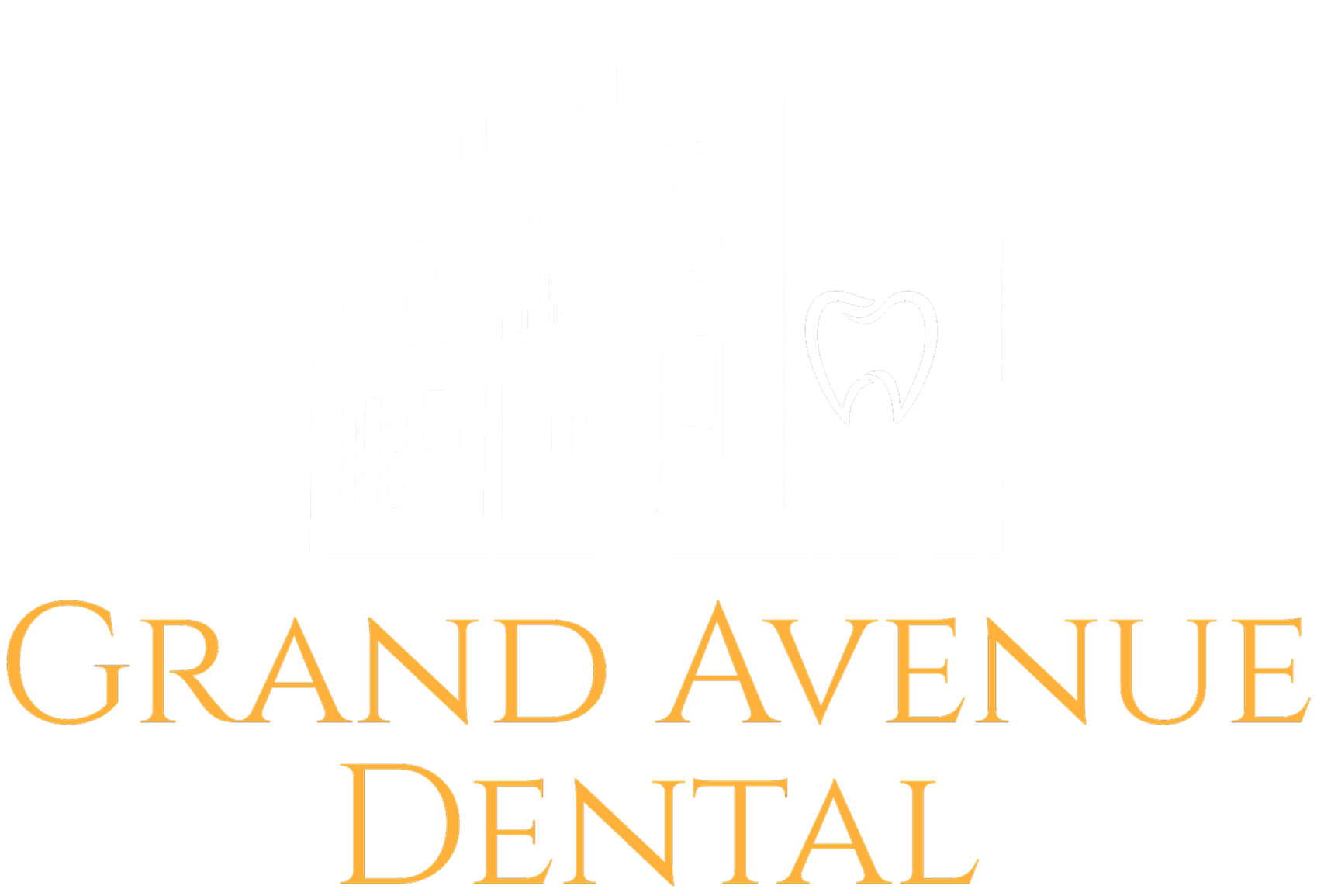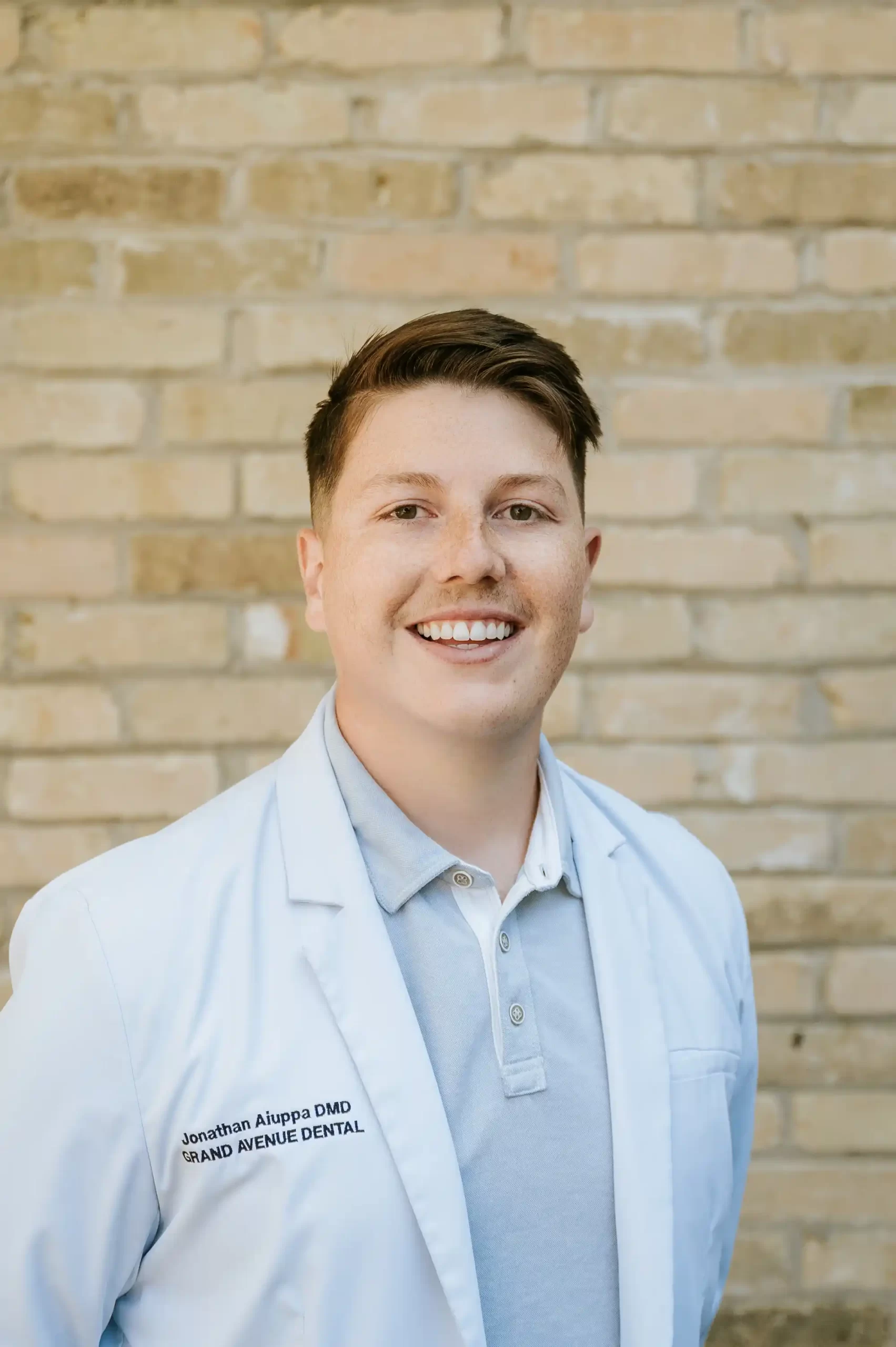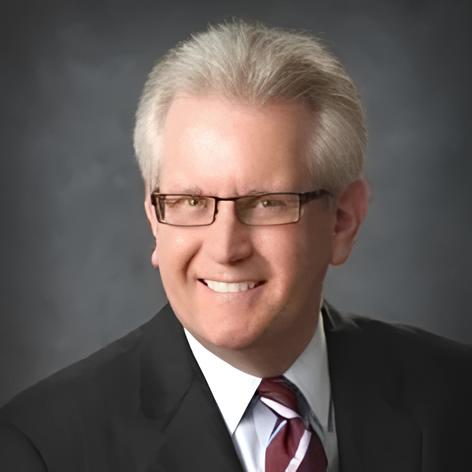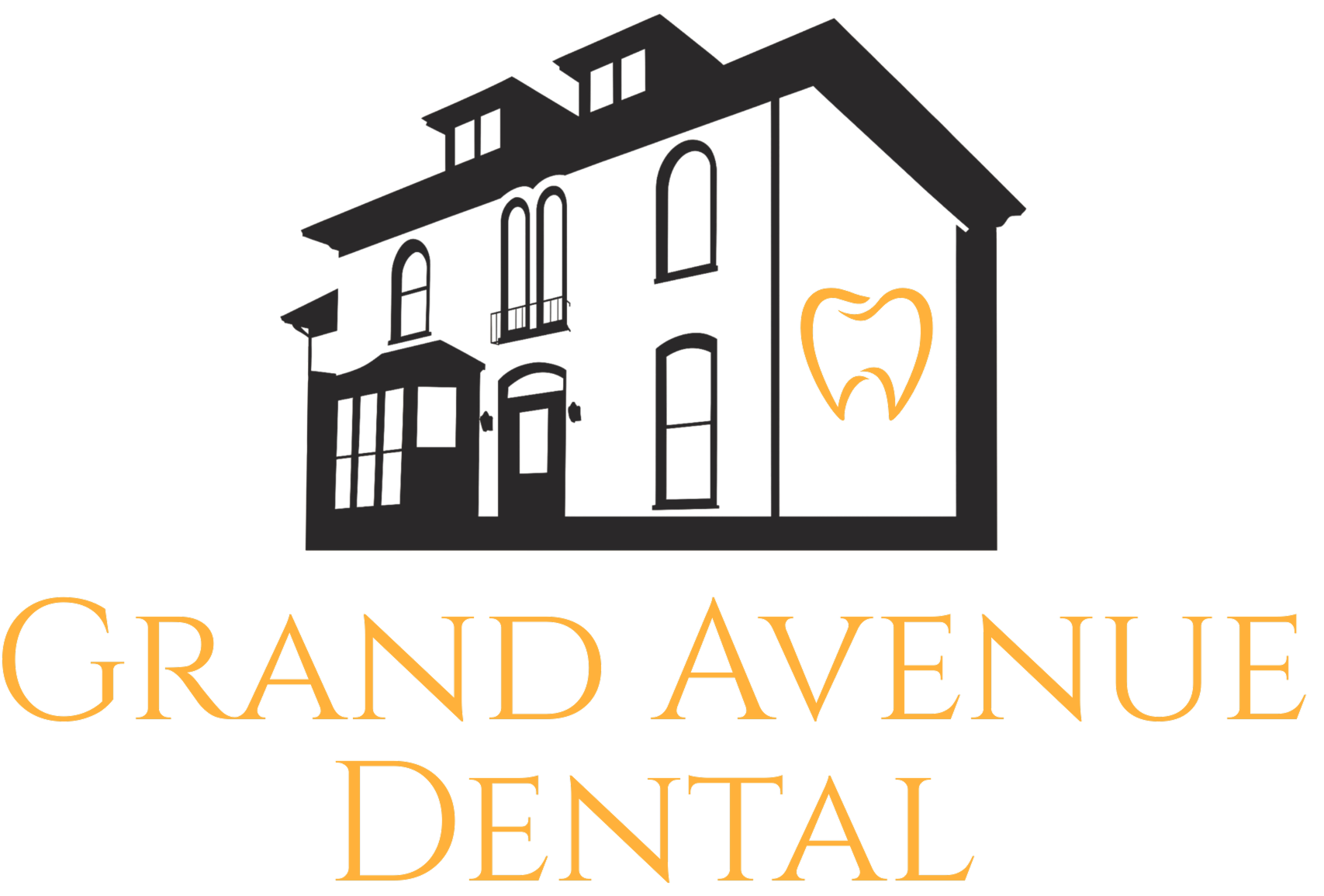Overdentures
Overdentures are a modern solution for patients who have lost most or all of their natural teeth but still want a stable, comfortable, and natural-looking smile. Unlike traditional dentures, overdentures are supported by dental implants or remaining natural teeth, which provide greater stability and function. This treatment not only improves chewing and speaking but also helps preserve the jawbone and maintain your facial structure.

Overdentures Q&A
What are the benefits of overdentures compared to traditional dentures?
Overdentures offer improved stability, comfort, and chewing efficiency because they are anchored by implants or natural teeth. Unlike traditional dentures, which may slip or cause sore spots, overdentures remain securely in place, giving patients greater confidence in daily activities. They also help prevent bone loss in the jaw, which is common when teeth are missing, preserving your facial appearance over time.
How are overdentures supported by dental implants?
Dental implants act as artificial tooth roots that are surgically placed into the jawbone. Once healed, these implants provide strong anchors for the overdenture, ensuring a snug and stable fit. Depending on the treatment plan, two to four implants are typically used. This connection not only keeps the denture from moving but also distributes chewing forces more evenly across the jaw.
How should I care for my overdentures?
Caring for overdentures involves both maintaining the appliance and keeping the supporting structures healthy. Overdentures should be removed daily for thorough cleaning with a soft brush and denture cleanser. At the same time, it’s essential to clean your gums, tongue, and any remaining natural teeth. Regular dental checkups allow your dentist to ensure the implants remain healthy and the overdenture continues to fit properly. With good care, overdentures can last for many years.
Meet Our Team
The Proof is in Our Patients

Insurance
We accept most insurance providers. If you have specific questions regarding your coverage, please contact us for additional information.







